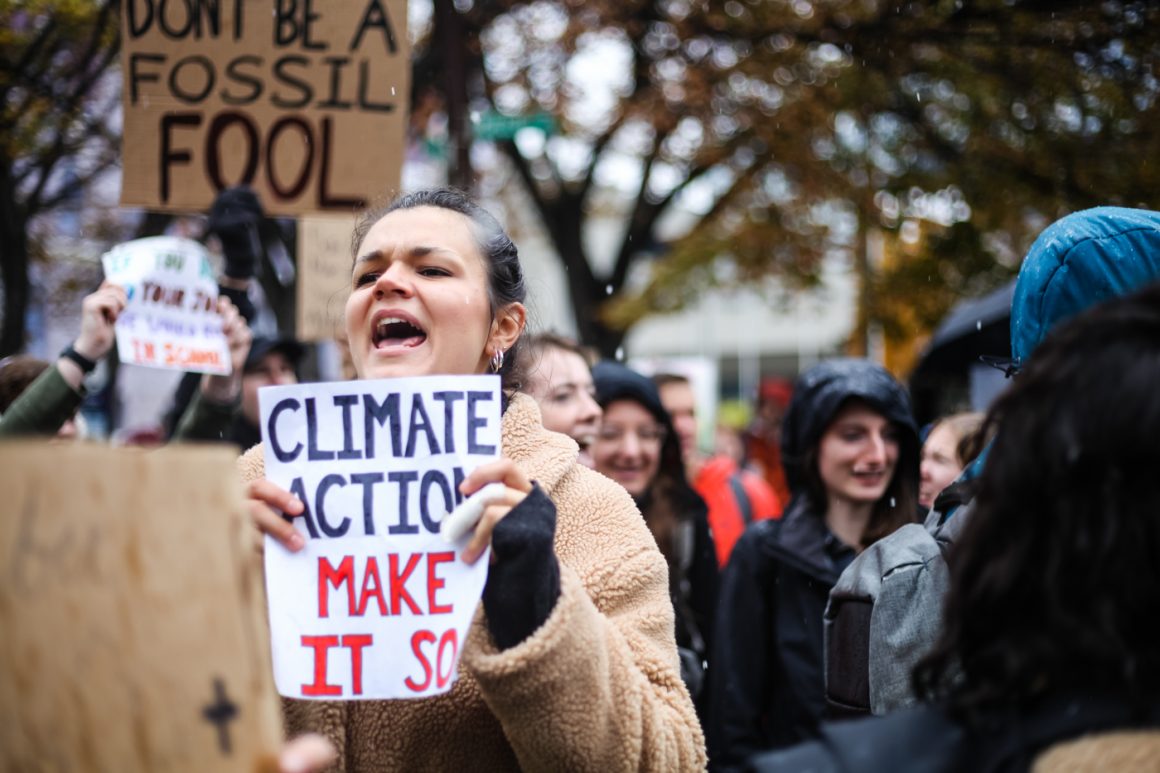
Sustainable U: Environmental protests — choose eco not ego!
By Rachneet Randhawa, February 1 2021—
On Fridays, protestors hold their regular climate protests with Extinction Rebellion, meeting at the outskirts of Calgary’s City Hall. Protesters bravely march onward to McDougall Centre to advocate for change in light of the grim reality of global warming caused by climate change.
Extinction Rebellion is a global environmental movement that began in the United Kingdom in May 2018 and utilizes non-violent civil disobedience to compel government action towards our faltering stance on the climate crisis, including biodiversity loss and ecological collapse.
Those who don a pair of rose-coloured glasses will know that the first Earth Day took place on April 22, 1970, with the very first protest involving 20 million people. Known as XR Calgary here locally and go by the mantra of transparency, proactive results and lastly accountability of politicians and government towards climate action.
Although the Trans Mountain pipeline fiasco reveals the dysfunctional reality of mitigating global warming and the struggle to protect the environment seem recent in history — it is in actuality not. Before youth climate activist Greta Thunberg emerged as a harbinger for change in 2018, there were actions gaining momentum. The late 19th century shows the first inkling of regulations for environmental conservation for instance with violation of fisheries and designating National Park status.
Environmental protests are demonstrations that bring recognition to how people, companies and government impact a natural environment. They are theatrical and staged and promoted by raising awareness about the issues, hoping to prompt action to prevent or address environmental problems. Environmentalism as an ideology and later, social justice movements in the 1960s and early 1970s, aimed to improve and protect the quality of the natural environment by changing harmful human activities.
The irreversible damage of environmental degradation became an increasing concern as grassroots activism began to emerge. Non-governmental organizations focusing on the environment were created and even political parties focused on green initiatives launched in Western democratic countries. One such example is Canada’s Green Party which began in 1983.
Environmentalism branches off into either “anthropocentric” or human-centred, or “biocentric” or life-centred. The key difference is the former is indirect and focuses on moral obligations and duty to other humans and claims that the environment, including creatures and species, is merely an accessory. The latter is directly claiming a post-colonial stance that we have a holistic obligation to the environment and it is not merely a commodity to dominate, manipulate and extract.
Ideally Calgary — and Canada! — needs a Green New Deal. That is, official legislation that aims to address climate change and socio-economic inequality, which also includes consulting Indigenous people and leaning on their traditional knowledge.
Be sure to check out Extinction Rebellion, Friday’s for Futures (with weekly protests on Friday afternoons at city hall), and Permeate Calgary to get more involved in climate change protests in the Calgary area. These are all key organizations influencing climate action locally. What do we want? Climate action! When do we want it? Now!
Sustainable U is a regular column focused on sustainability. This column is part of our Opinions section and does not necessarily reflect the views of the Gauntlet’s editorial board.
